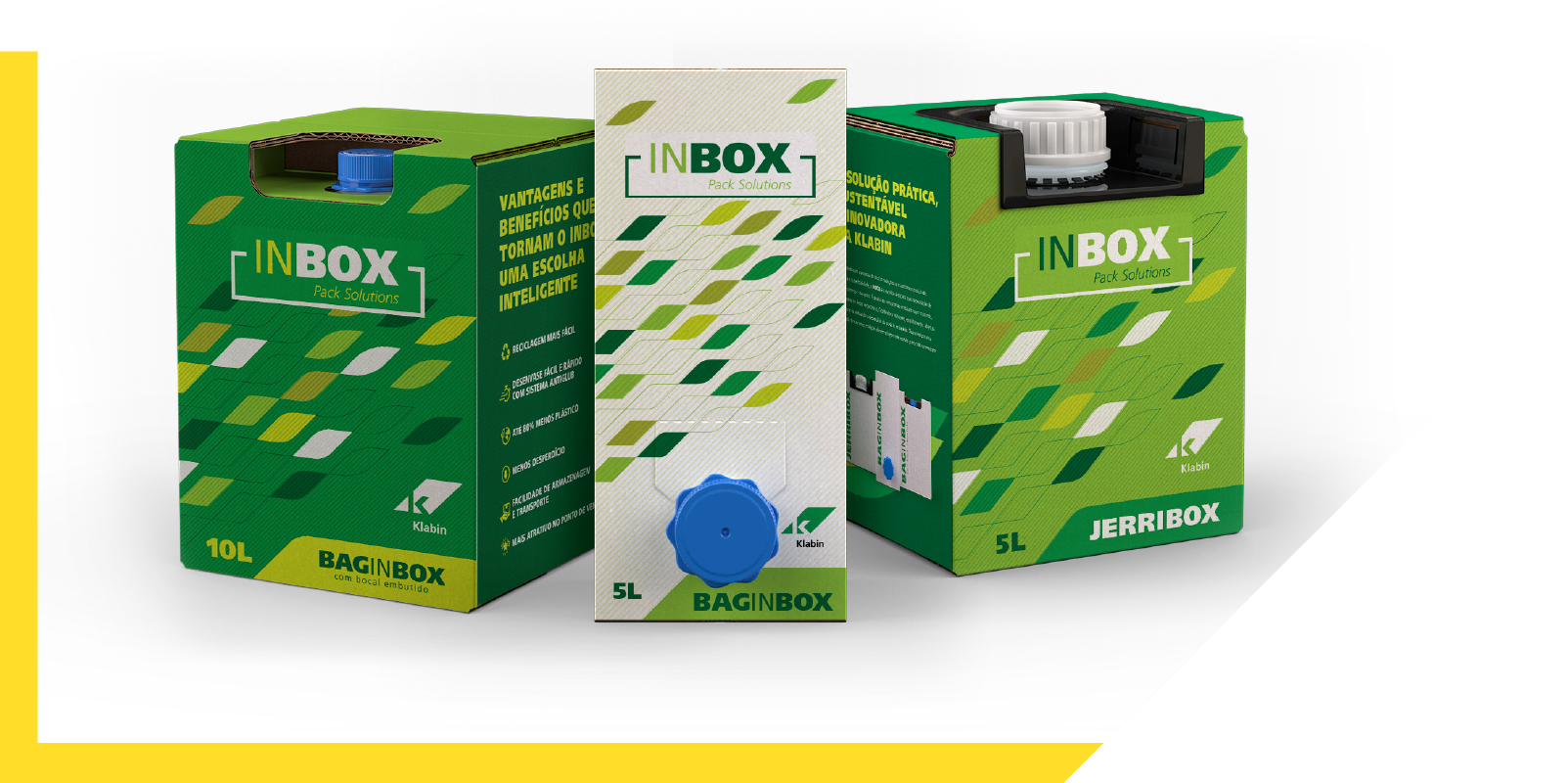Papel colmeia
Papel colmeia
O desenvolvimento de um produto passa por várias etapas, como análise de mercado, pesquisa científica, testes e diversas aprovações. O objetivo é que o produto, ao ser lançado, ofereça eficiência e segurança ao cliente e ao consumidor final. Atenta às demandas da sociedade, a Klabin mantém o compromisso de priorizar a criação de produtos sustentáveis, feitos com matéria-prima renovável, que sejam biodegradáveis e recicláveis.
Papel colmeia
Feito a partir de kraftliner, matéria-prima renovável, reciclável e biodegradável, o papel colmeia é uma alternativa sustentável ao plástico-bolha. Ele leva pequenos cortes diagonais em toda sua extensão que, ao serem tracionados, formam losangos que remetem a favos de mel. Essa estrutura de colmeia, similar a um acolchoado, ajuda a proteger e a preservar os produtos durante o transporte, diminuindo o atrito e o impacto na embalagem.
Wicket Paper Bag
O papel para embalagem de fraldas feito com matéria-prima 100% reciclável e repolpável foi desenvolvido pela Klabin em parceria com a Optima e a Soulpack. Alternativa sustentável às embalagens tradicionais, acompanha as demandas sociais pelo aumento do uso de soluções renováveis e recicláveis e, sobretudo, de produtos que reduzam o impacto ambiental. Projetado para ser facilmente adaptado às embaladoras de fraldas já existentes no mercado, sem a necessidade de investimento em novos equipamentos, o Wicket Paper Bag permite que o processo de embalamento continue com alto desempenho, qualidade e eficiência.

A InBox, embalagem que contém um saco interno flexível, foi incluída no portfólio da Klabin. Feita de material resistente e reciclável, a caixa oferece estabilidade e proteção durante o armazenamento e o transporte de líquidos, além de permitir redução média de 80% no uso de plásticos. Versátil, ela pode ser usada para armazenar alimentos, produtos químicos, artigos de limpeza ou de higiene pessoal e fertilizantes.
Embalagem BagInBox pode ser adotada para diferentes segmentos.
Além do desenvolvimento de produtos, a Klabin avalia constantemente seu portfólio para otimizar o uso dos papéis que vão compor as embalagens. Maximizar o uso dessa matéria-prima traz benefícios ao meio ambiente, devido à economia de recursos naturais, além de oferecer oportunidades de melhoria de custos de produção.
Um desses trabalhos tem como objetivo sugerir a redução da gramatura das caixas a partir de ajustes em sua composição, sem prejuízos à qualidade do produto. Um exemplo é a troca do papel já utilizado na embalagem pelo Eukaliner ®. No gráfico a seguir, é possível visualizar a diferença entre a gramatura vendida (g/m² ped) e a gramatura faturada (g/m² fat), considerando a aplicação do Eukaliner®. A variação indica que foi possível produzir caixas com menos matéria-prima:
Nas fábricas da região Sudeste do Brasil (Betim, Jundiaí Distrito Industrial, Jundiaí Tijuco Preto, Piracicaba I e Suzano), por exemplo, a avaliação de 170 composições de produtos trouxe os seguintes resultados:
Redução média de
de gramatura¹
Projeção de redução² de
no consumo anual de papel
¹Avaliação realizada no período de jun./23 a jun./24.
² Projeção de redução para um ano, caso as vendas se mantenham no patamar do período de jun./23 a jun./24.
Outra frente que auxilia na economia de matéria-prima é a reestruturação de embalagens. Dando às caixas um novo design, por exemplo, é possível manter ou aumentar a sua resistência, reduzindo a gramatura. Em 2024, na regional Sudeste, esses projetos apresentaram os seguintes resultados:
projetos de reestruturação desenvolvidos
potencial de redução*
*Estimativa calculada com base em projetos aprovados pelos clientes, não aprovados e em negociação.